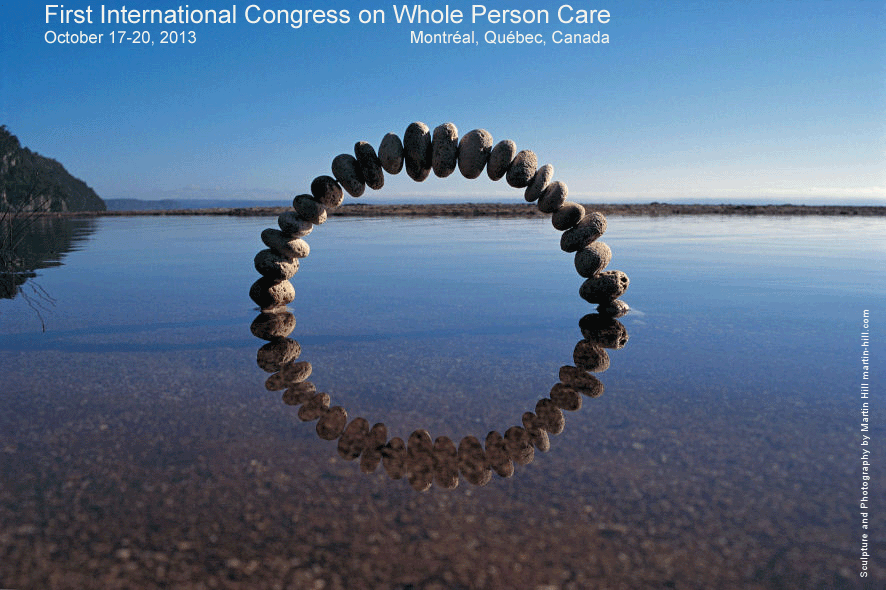Abstract
Background: Evidence from patient satisfaction surveys, needs assessments, and stakeholder forums provide a clear picture that cancer patients are not receiving the full range of supportive care services that could be of benefit to them. The cancer system needs to undergo a shift toward person-centered care. Such a cultural shift requires concerted effort and multiple strategies to be successful.Objective: The purpose of the Cancer Journey Action Group of the Canadian Partnership Against Cancer is to provide leadership to achieve person-centered care in the Canadian cancer care system.Methods: The Cancer Journey Action Group has developed and implemented several initiatives to demonstrate how person-centered care can be achieved. The initiatives include programs in screening for distress (6th vital sign), patient navigation, on-line support groups, survivorship care plans projects, cancer transition education, and palliative care/end-of-life education. Tools to support this work have been designed including evidence-based practice guidelines, algorithms, and on-line education modules. Evaluation has focused on program uptake, educational effectiveness, inter-professional teamwork and patient satisfaction.Results: All initiatives have been evaluated by patients/survivors as helpful. Issues of importance to patients/survivors are the focus of conversations with, and assessments by, health care professionals. Critical success factors across the respective programs for achieving person-centered care include clarity of a shared vision, leadership, persistent and concerted effort, and consistent messaging in communications.Conclusions: Demonstration projects undertaken for each topic area have provided an excellent opportunity to learn about best practices to implement the respective approaches. Guiding principles for implementation and relevant tools/resources have been developed as a result. Although progress toward person-centered care is evident, intentional and concerted efforts are necessary to sustain momentum of these efforts in routine clinical practice.
